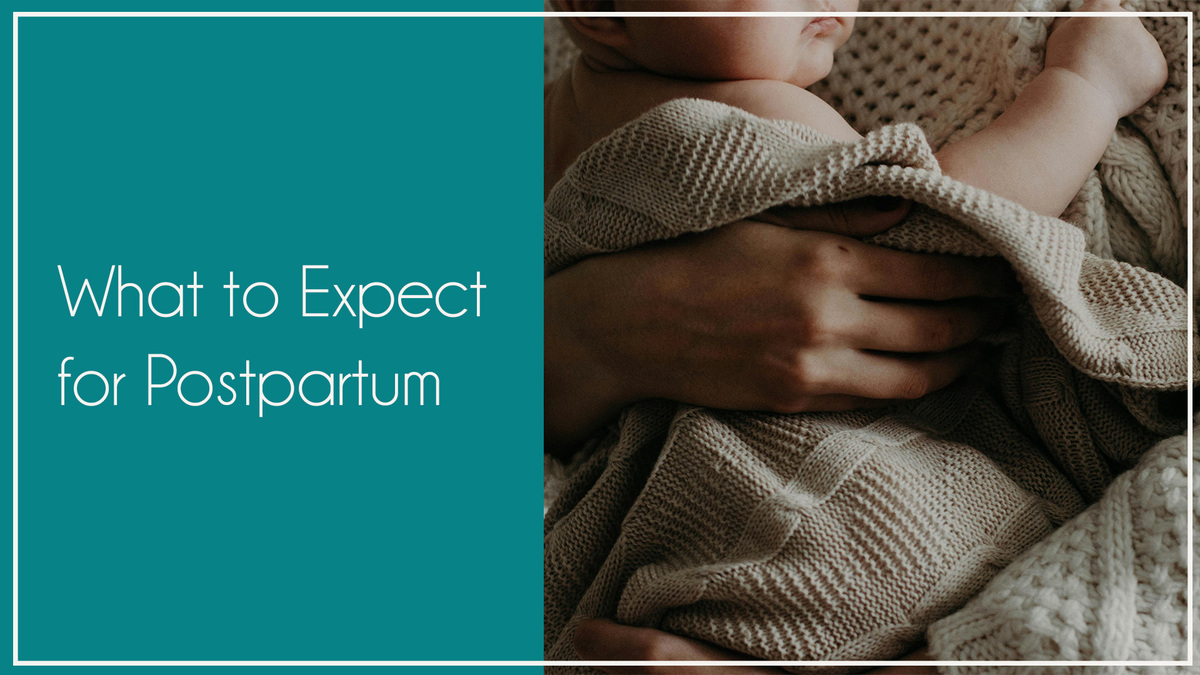What to Expect for Postpartum

Congratulations on your journey into motherhood mama!
Bringing a new life into this world is a beautiful and life-changing experience. There are many moments of joy to be had, from holding your little one to taking your new family to meet your friends for the first time. These moments are precious memories that you will cherish forever.
To fully embrace this new stage of your life, it is important to prepare yourself for not only the joys of bonding with your newborn but also the transformative postpartum period that follows.
The postpartum period, also known as the fourth trimester, refers to the time after giving birth when mama’s body goes through various physical, emotional, and hormonal changes as it transitions back to its pre-pregnancy state. This period typically lasts for about six weeks, although the exact duration can vary from mama to mama.
At Stork Helpers, we understand that this time can be overwhelming for new mamas as there are a lot of changes that occur. To help, we will provide guidance on what to expect in the first month after birth and items that will help during this time.

What to Expect the First Month After Birth
During the first month after birth, you and your partner can expect a whirlwind of changes and adjustments, both physically and emotionally, as you both settle into your new roles.
Below, we have explained the physical and emotional changes you or your partner may experience during the postpartum period.
Physically, mamas may experience fatigue, soreness, and discomfort as their body recovers from childbirth. This can include swelling, bleeding, and healing of any tears or episiotomy wounds. Breasts may become engorged and tender as milk production increases, and some mamas may experience discomfort while breastfeeding.
Emotionally, the first month after birth often brings a mix of joy, excitement, and even overwhelming feelings. Many parents experience intense love and bonding with their newborn, but they may also experience periods of anxiety, irritability, and mood swings, commonly known as the "baby blues.”
Emotional fluctuations are normal and usually resolve within a few weeks. However, if these feelings persist or worsen, it may be a sign of postpartum depression, and seeking professional help is crucial.
To learn how your partner can support you during postpartum, click here!
It is also common for both partners to feel exhausted and sleep-deprived during the first month as there is an adjustment to baby feeding and sleeping patterns. Lack of sleep can impact mood and overall well-being, making it important for you both to prioritize rest whenever possible.
In addition, adjusting to the demands and responsibilities of caring for a newborn can be challenging and may cause feelings of self-doubt or uncertainty. Establishing a support system and reaching out to friends, family, or healthcare professionals can provide guidance and reassurance during this time.
Despite the physical and emotional changes, the first month after birth is filled with moments of joy and wonder as you watch your baby grow and develop. It is a time of bonding, learning, and adapting to the new dynamics of your family. With patience, self-care, and support, you and your partner can navigate the first month after birth with confidence and love. There are even postpartum products that can help you navigate this transition.
Placenta Encapsulation for Postpartum
During the postpartum period, various items can be used to help mama recover and support her overall well-being. These items are believed to be beneficial due to the placenta's rich nutrient and hormone content.
Here are three items to consider using during the postpartum period:
- Placenta Encapsulation: Dehydration and grinding of the placenta into a powder form and encapsulating it into pills. Consuming these placenta pills provides numerous benefits to mothers. The placenta can enhance energy levels, balance hormones, reduce postpartum bleeding, and support milk production.
- Placenta Salve: This item is made by combining the powdered placenta with other nourishing ingredients like oils and beeswax. This salve is typically applied topically to help promote healing and soothe any discomfort. It can be used on the perineum area, cesarean incisions, or sore nipples.
- Placenta Tinctures: Tinctures are made by steeping small pieces of placenta in high-proof alcohol for several weeks. The resulting liquid is then consumed in small doses to provide hormonal support, emotional balance, and overall postpartum recovery.
If you are interested in any of these products, click here to learn more!
As these items can be very helpful, we recommend that you still consult with your healthcare provider before using any of these products during the postpartum period.
Prepare for Postpartum with Stork Helpers
At Stork Helpers, we are dedicated to helping expectant mamas prepare for the postpartum period.
We understand that this phase can be both exciting and overwhelming, and our goal is to provide support and guidance to make this transition as smooth as possible.
If you would like more support for any reason in Cincinnati or Dayton, click here to reach out to Stork Helpers today!
Follow Stork Helpers on Facebook, Instagram, and LinkedIn for more tips on postpartum, placenta encapsulation, and pregnancy guidance.
Happy with the difference Stork Helpers made in your pregnancy journey? Leave us a quick five-star review here!

